The Runner
Select Format
Select Condition 
You Might Also Enjoy
Book Overview
Customer Reviews
Rated 5 starsInteresting Writing of History!
This book gave a new twist to history. Eric Syess,a German olympic star becomes a vivious German SS officer. He is imprisoned by the Allies for committing an atrocity. Syess escapes and is pursued by Devlin Judge whose brother was killed in the atrocity. This begins a race across Germany. Along the way Judge inherits Syess's former girlfriend.In the meantime you are introduced to the "Circle of Fire" who wants the rule of...
1Report
Rated 5 starsFlat out - A Great Read!!!
Danial Silva did this kind of novel well - a World War II piece where we know the outcome from reading history, but not how it came about...the nitty gritty...the dirty little secrets. Christopher Reich takes it to the same level with this effort. By the time the central character in the book, Devlin Judge, gets to page 298, a question has occurred to him...and to most readers, I suspect..."Why were members of the American...
0Report
Rated 5 stars5 Stars
This is a real page-turner, with an old Nazi still a threat, and the hero having to stop him. The top two "surviving Nazis" novels I've read have been "The Boys from Brazil" and "The Shape: A Novel of International Suspense." And "The Runner" is right up there with those two.
0Report
Rated 5 starsReich Strikes Again!
This book is every bit as good as his first, "Numbered Account", in fact I liked it even more.Mr. Reich does not take the easy way out by using basic Historical fact and fictionalizing the balance of his book. The result is still Fiction, but researched with a Historian's eye, and some clever "what if?" scenarios. The result is a hybrid that is truly interesting and not just entertainment. I believe this allowed him to...
0Report










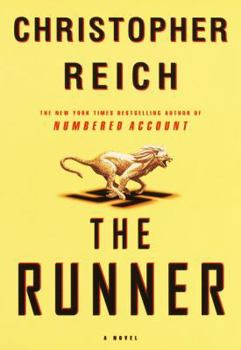

















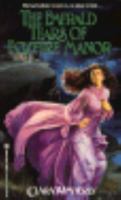



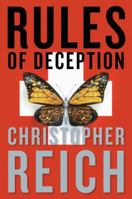
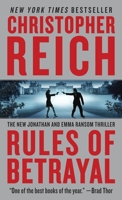
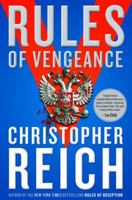
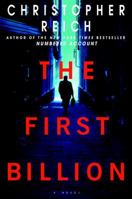
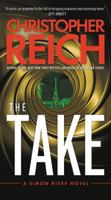
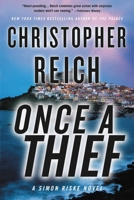
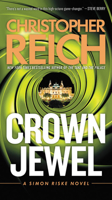
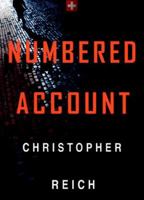
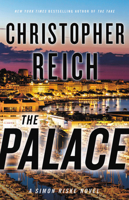
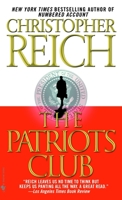
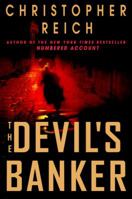
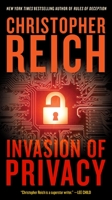
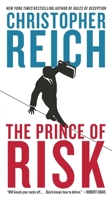
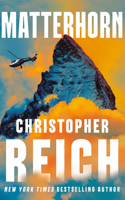
![[ The Prince of Risk By Reich, Christopher ( Author ) Hardcover 2013 ]](https://m.media-amazon.com/images/I/512ufhyu4ML._SL200_.jpg)









